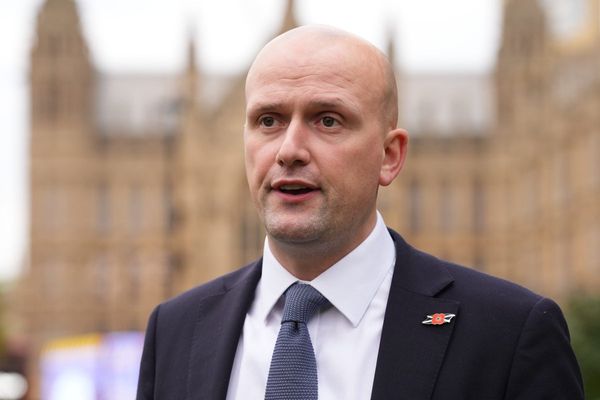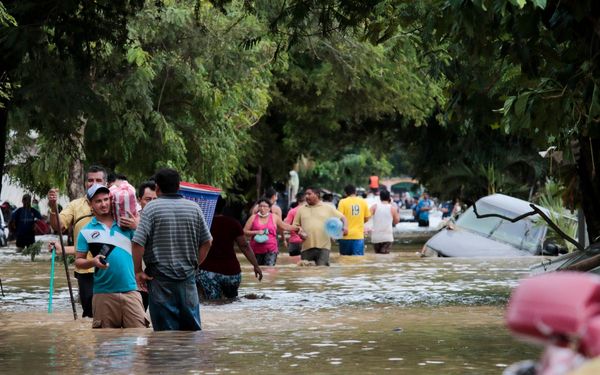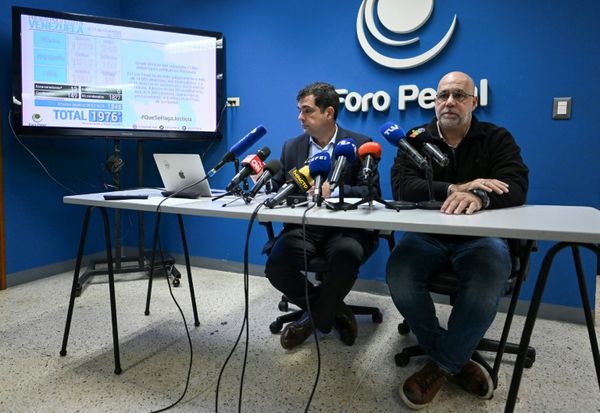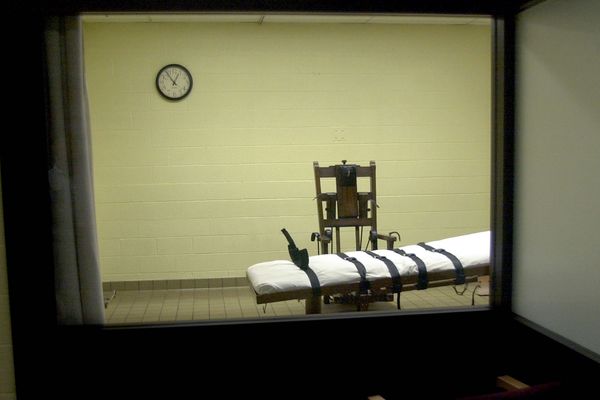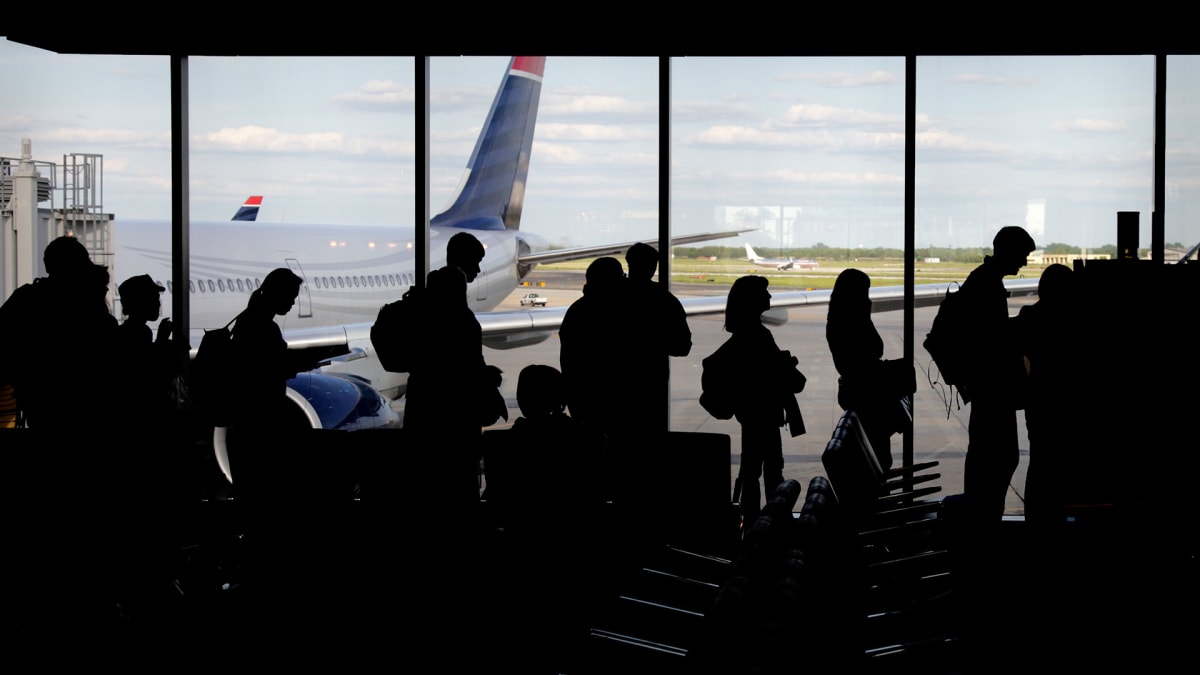
The technical failures that forced Southwest Airlines (LUV) to cancel more than 16,000 fights during the holiday season isn't a one-airline problem, according to United Airlines (UAL) CEO Scott Kirby.
In fact, the entire airline industry, which is looking to increase capacity to pre-pandemic levels this year, faces the same technological infrastructure deficiencies that hampered Southwest.
"Our industry has been changed profoundly by the pandemic and you can’t run your airline like it’s 2019 or you will fail, but don’t take my word for it, watch the data," Kirby said during his company's earnings call.
The problem is that the industry has not fully recovered from the doldrums of the covid pandemic when it wasn't able to invest in the future.
"All of us, airlines and the FAA, lost experienced employees and most didn't invest in the future. That means the system simply can't handle the volume today, much less the anticipated growth," he said.
Kirby says United missed its capacity target for 2022 as the company "flew a lot less last year than we'd have liked to fly," but the company said it did so intentionally "because it gave us the breathing room to make even further investments in our technology and infrastructure."
Not A One Time Event
The issues that led to Southwest Airlines cancelling more than 16,7000 flights between Dec. 21 and Dec. 31 was not just a Southwest problem, according to Kirby.
"What happened over the holidays wasn't a one-time event caused by the weather and it wasn't just at one airline. One airline got the bulk of the media coverage, but the weather was the straw that broke the camel's back for several," he said.
Not only has bad weather led to delays like the one seen during the holidays, but airlines are also experiencing issues when there is good weather.
"The operational difficulties are just the latest among numerous data points proving the systemic challenges that are going to limit the growth in flights," Kirby said.
Between Dec. 27 and Dec. 29, Southwest was forced to reduce its flight activity by about 2/3 due to the disruption, but the company still insists that "our processes and technology generally work as designed."
The Disruptions Cost Southwest
Those cancellations had an after-tax net impact of $620 million, leading the company to report a fourth quarter net loss of $226 million.
It incurred an estimated $410 million revenue penalty due to the operational disruptions.
The company says it has completed more than 80% of the reimbursement requests they've received from customers for expenses related to alternative transportation.
Southwest says it plans to process the remaining requests by next week.
Despite the operational hiccups, Southwest says it generated record fourth quarter revenue of $6.2 billion.
But the hangover from the incident will also hurt its first quarter operations.
"Admittedly, we are starting off first quarter with a $300 million to $350 million headwind, which we assume is attributable to the operational disruptions in December," said Ryan Green, chief commercial officer.
